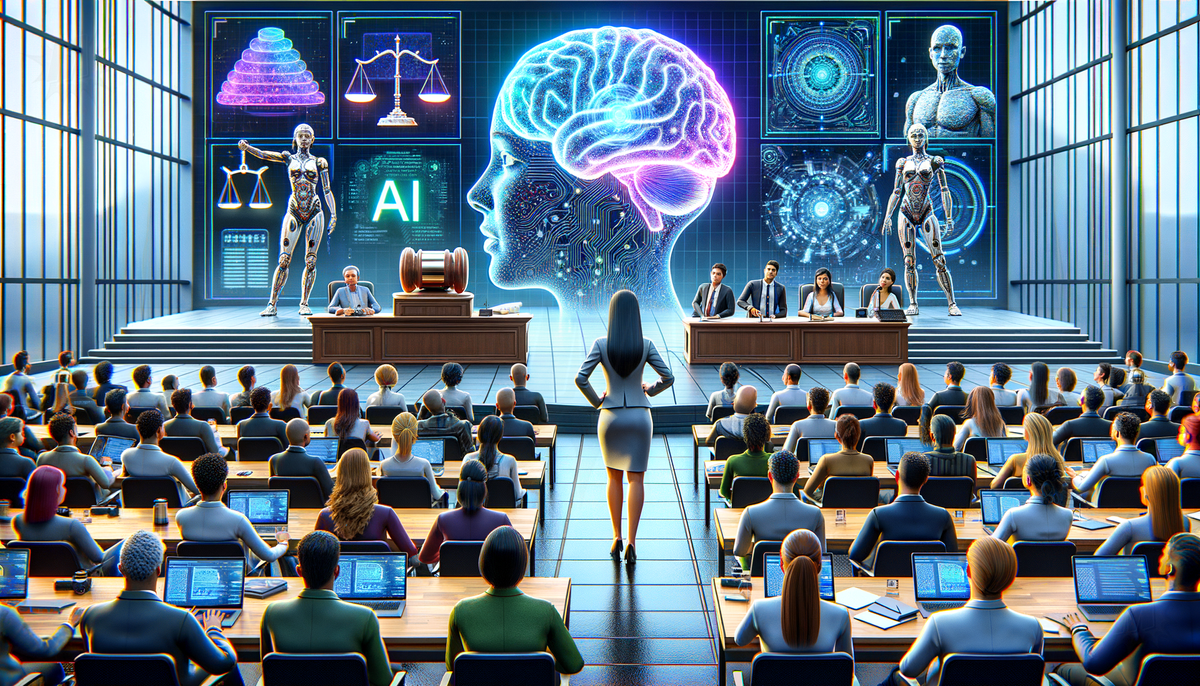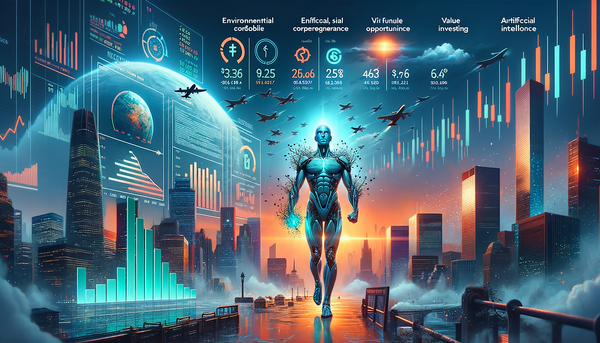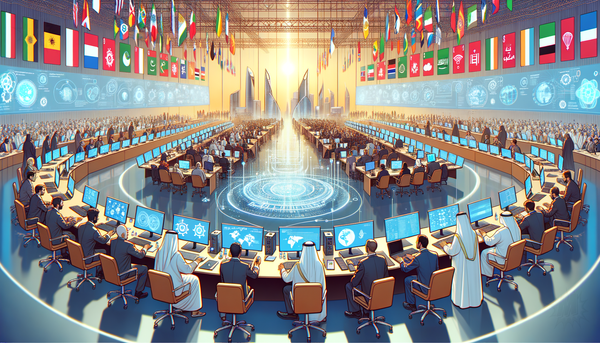Advancing AI: From Startup Conversations to Emotional Intelligence Challenges

Recent developments in the field of artificial intelligence (AI) are painting a diverse and intricate picture of the technology's evolution and its implications for society. At the annual GTC conference hosted by Nvidia in San Jose, California, generative AI was highlighted as a pivotal factor in the future of computing, emphasizing the need for robust "AI factories" to support its growth. The event also saw the unveiling of new AI models by various tech giants, with a particular focus on the potential and challenges of integrating AI into different sectors.
In a more specialized application of AI, Delhi-based entrepreneur Nidhi, the CEO of NEMA AI, is harnessing the technology to support individuals with neurodivergence, such as autism spectrum disorder (ASD) and dyslexia. Nidhi's recent appearance on Shark Tank India led to a significant investment in her company, which aims to provide ethical solutions and education tailored to the unique needs of neurodivergent individuals.
While AI continues to offer advancements in efficiency and accessibility, its capacity to replicate the nuanced aspects of human emotion and communication is under scrutiny. Despite a high percentage of users finding chatbots helpful, concerns have been raised about the technology's ability to foster genuine empathy and understanding. As AI becomes more prevalent in everyday interactions, the emotional disconnect and potential desensitization may necessitate a conscious effort to maintain and cultivate human emotional intelligence and connection.
In the realm of research, scientists from the Geneva University Neurocenter have achieved a milestone by developing an AI network that learns and performs tasks based on written instructions, and can communicate those learnings to a sister AI. This breakthrough illustrates the potential for AI systems to interact linguistically and perform tasks without prior experience, hinting at future applications in robotics and automated industries.
Despite these advancements, the AI landscape is not without its challenges, as highlighted by the U.S. Department of Justice's antitrust lawsuit against Apple, demonstrating the regulatory complexities that accompany the growth of AI. Concurrently, there is a call for collaborative efforts to ensure that the benefits of AI and robotics are equitably distributed, with a focus on inclusivity and reducing inequality.




